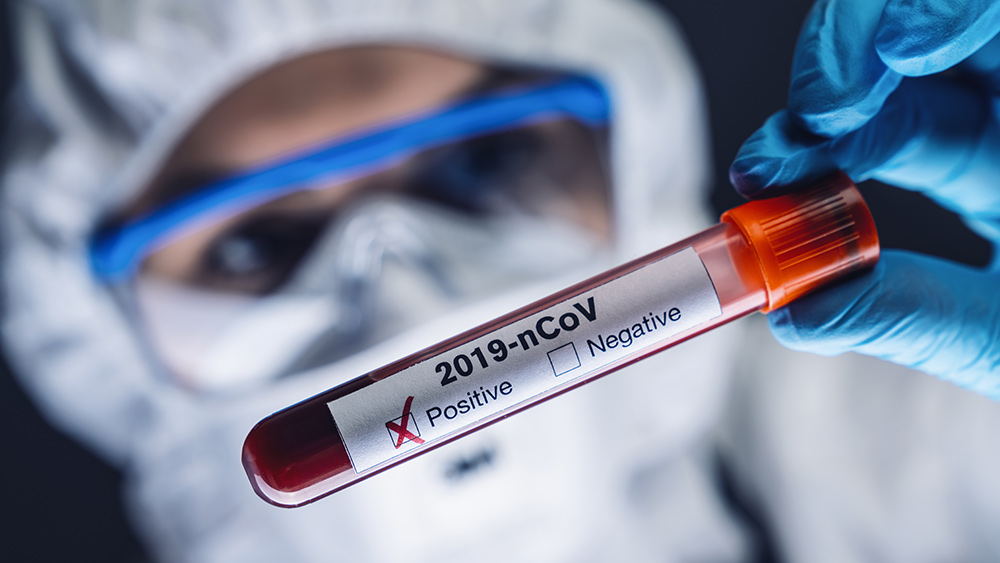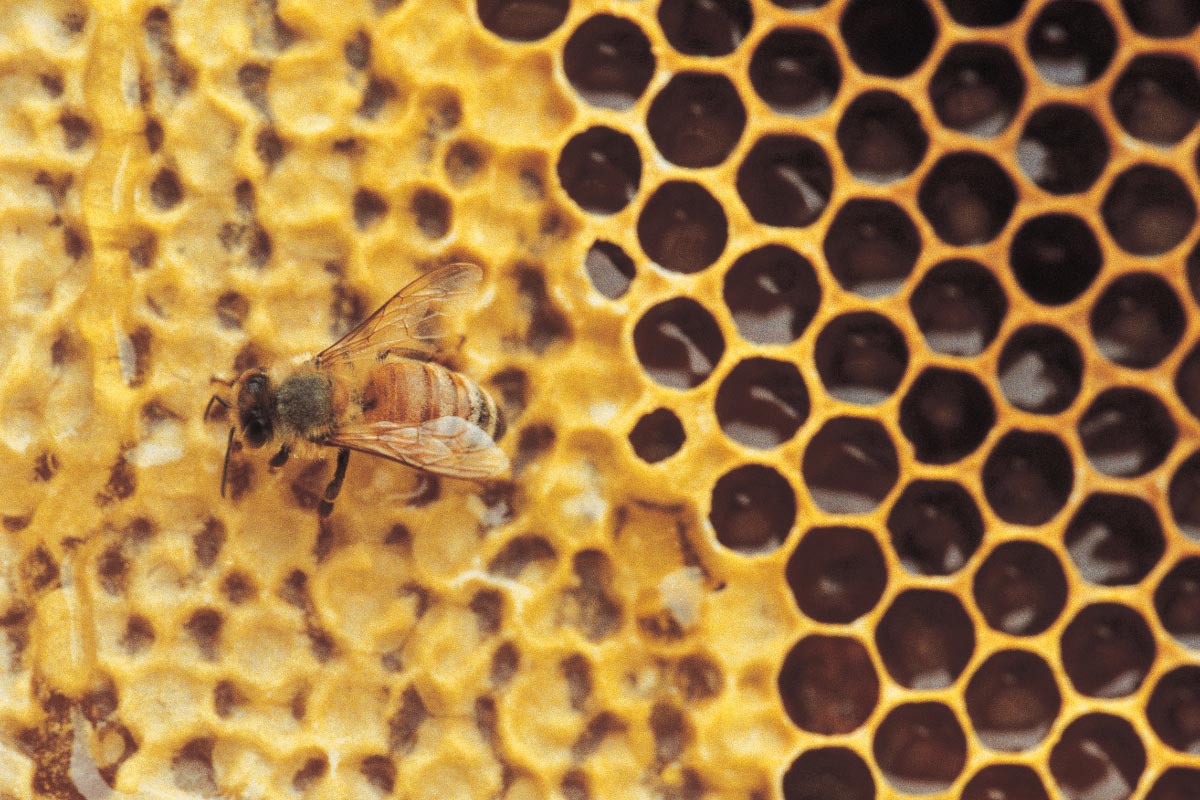Study: Cannabis flower can be used as an alternative mid-level pain medication
07/14/2020 / By Divina Ramirez

Cannabis is a safe and effective medication for treating pain, confirms a recent article published in Complementary Therapies in Medicine. Smoking dried cannabis buds, in particular, appears to be the most successful method of using cannabis for pain relief.
Researchers from the University of New Mexico used a large public dataset from the mobile application called “Releaf” that gathered real-time recordings of the reported effects of cannabis-based products in the U.S. on users suffering from chronic pain.
Co-authors Franco Brockelman, Keenan Keeling and Branden Hall created and released the application in 2016 to enable cannabis users to monitor if different cannabis subspecies and major cannabinoid contents, such as tetrahydrocannabinol (THC) and cannabidiol (CBD), had different pain-related effects.
Cannabis: A natural analgesic
The over-prescription of opioids and other painkiller medications is fast becoming a public health threat. Jacob Vigil, one of the lead investigators of the study, said that over-prescription often leads to non-prescription opioid and heroin use, resulting in addiction.
But besides being more prone to abuse than other painkillers, opioids might also affect brain health and cognition in the long run, even if taken in recommended doses. Multiple studies also found that opioids can affect hormone production and lead to poor gut health.
For these reasons and more, scientists are beginning to look into more natural painkillers and herbal remedies for pain relief that can be promoted in place of opioids. Natural painkillers, including herbs and medicinal plants, also do not pose serious health risks.
One such natural painkiller is cannabis (Cannabis sativa), a plant used to create a range of medical and recreational drugs. Past research suggests that cannabis can be used as a painkiller instead of traditional painkillers like opioids.
In fact, much of the argument for the legalization of cannabis cite its reported effects on pain. Vigil added that cannabis appears to be a potent substitute for opioids, minus the side effects.
Using the Releaf application’s dataset, the team found proof that cannabis can ease pain. In fact, their analysis revealed that the average cannabis user experiences a three-point drop in pain suffering on a zero to 10 point scale after cannabis consumption.
From June 6, 2016 to October 24, 2018, 2,987 unique users used the Releaf application and recorded a total of 20,513 instances of using cannabis to treat pain. The application classified pain as belonging to one of these categories: musculoskeletal pain, gastrointestinal pain, nerve pain, headache-related pain and non-specified pain.
Based on the recorded responses, the team found that the natural analgesic or painkilling properties of cannabis appeared to be more felt by users that smoked dried cannabis flowers or buds. The same could be said for users that used cannabis containing THC, its main active compound.
In contrast, CBD, another cannabinoid, did not appear to cause significant effects related to pain relief.
Nonetheless, lead author Xiaoxue Li noted that 95 percent of all instances of cannabis use resulted in pain relief across the different pain categories.
These findings suggest that cannabis, especially cannabis buds, can be used as a safe and potent analgesic.
That said, pain relief might differ among users depending on the cannabis-based product used. Vigil also noted that other potent compounds in cannabis buds, not just THC, might be responsible for the bud’s natural analgesic properties.
Potential health risks of cannabis
Despite the apparent benefits of cannabis for pain relief, the researchers noted that long-term cannabis use does pose certain health risks.
Cannabis, for instance, can impair the senses after smoking or consumption. Cannabis containing high amounts of THC, which is a psychoactive compound, can also cause fluctuations of mood. (Related: Marijuana found to reduce blood flow to the brain: Study authors suggest this may increase risk of dementia, but this effect also makes it medicinally useful for epileptics.)
Nonetheless, Vigil added that these minor health risks do not compare to the more serious health risks related to opioid use.
Consult your healthcare provider if you’re considering cannabis for chronic pain to minimize potential reactions and avoid side effects.
Read more articles about cannabis and its health benefits at CannabisCures.news.
Sources include:
Tagged Under: alternative medicine, Cannabinoids, cannabis, CBD, herbal medicine, Herbs, medical marijuana, natural cures, natural ingredients, natural medicine, Opioids, organics, pain relief, prevention, remedies, THC




















